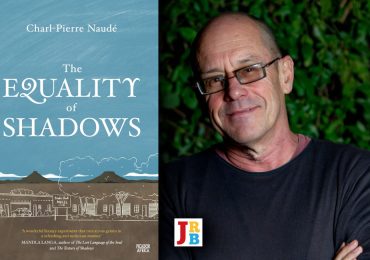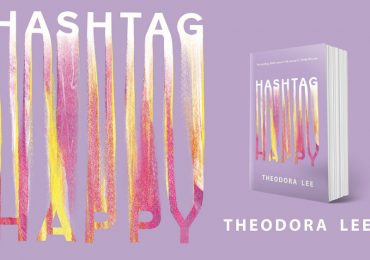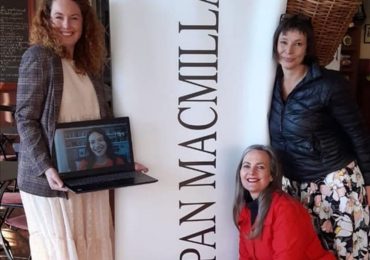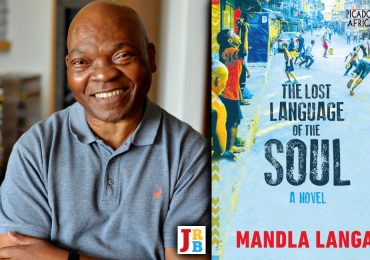Rekgotsofetse Chikane, youth activist and author of Breaking a Rainbow, Building a Nation, spoke to The Reading List about the nature of student politics in the country before, during and after the emergence of #FeesMustFall.
The Reading List: You have said that you wrote this book because ‘if we don’t write these stories ourselves, someone else will’. What pragmatic advice would you have to other young student leaders thinking of writing a book?
Rekgotsofetse Chikane: It’s okay to wonder how you are ever going to start writing a book, never mind finishing it. It’s hard, but rewarding once things click into gear. My suggestion would be to break the book down chapter by chapter, and section by section and try to be as consistent as possible with your writing. However, what is most important is finding a way to write that is comfortable for you. Do that and you will be well on your way to writing a book.
The Reading List: On the first page of the book you speak about how your father, Frank Chikane, was your ‘political school’ growing up, but add that you are ‘at odds’ with him over the idea of the ‘rainbow nation’. Has your father read your book? What does he think of it?
Rekgotsofetse Chikane: My dad actually delayed reading the book for the longest time. I only heard his feedback earlier this year. I think he is proud that I wrote the book and appreciates its ideas. He obviously disagrees with some of my views, but in a way that encourages even more debate at the dinner table. I think his biggest concern is whether I will outsell his book, which obviously I won’t. But it’s nice to keep him on his toes.
The Reading List: The book has as its fulcrum the #RhodesMustFall and #FeesMustFall movements, but you take a very wide view of university politics, often going back to the early 2000s to elucidate a point. Did the book involve a lot of research? Why did you decide to take this approach?
Rekgotsofetse Chikane: A fair bit of research was involved. Mostly because I wanted to avoid having the chapters sound as if they were purely coming from my vantage point. That was important to me. Ensuring that people understand that although this is a book that I wrote, I managed to ensure that a plurality of voices and opinions still made an appearance.
I wanted to go back as far as I reasonably could because I wanted to show that the events of 2015 didn’t take place in a vacuum, but rather were a build-up of various tensions that were growing across the higher education system of South Africa. If one believes that #FeesMustFall for instance is a protest focused on fees and/or finance related issues on campus, then #FeesMustFall has been present in our society since the late ’90s.





